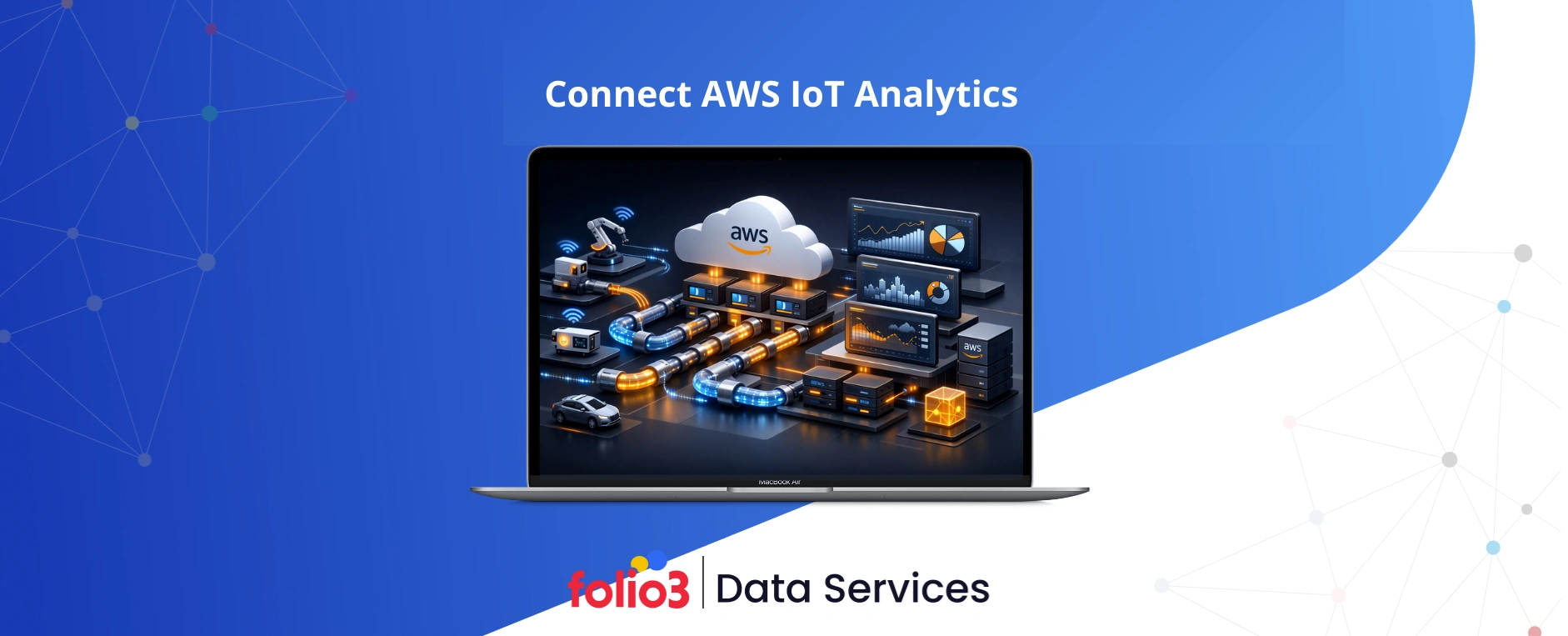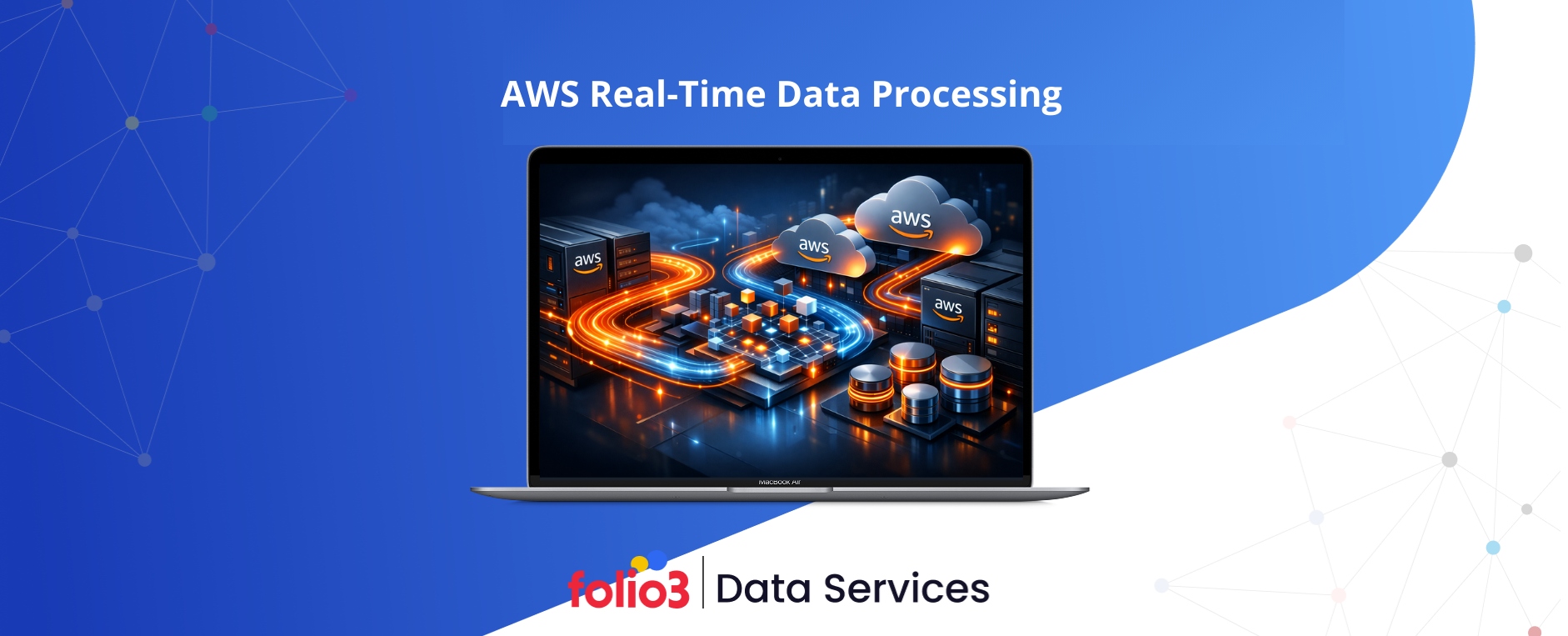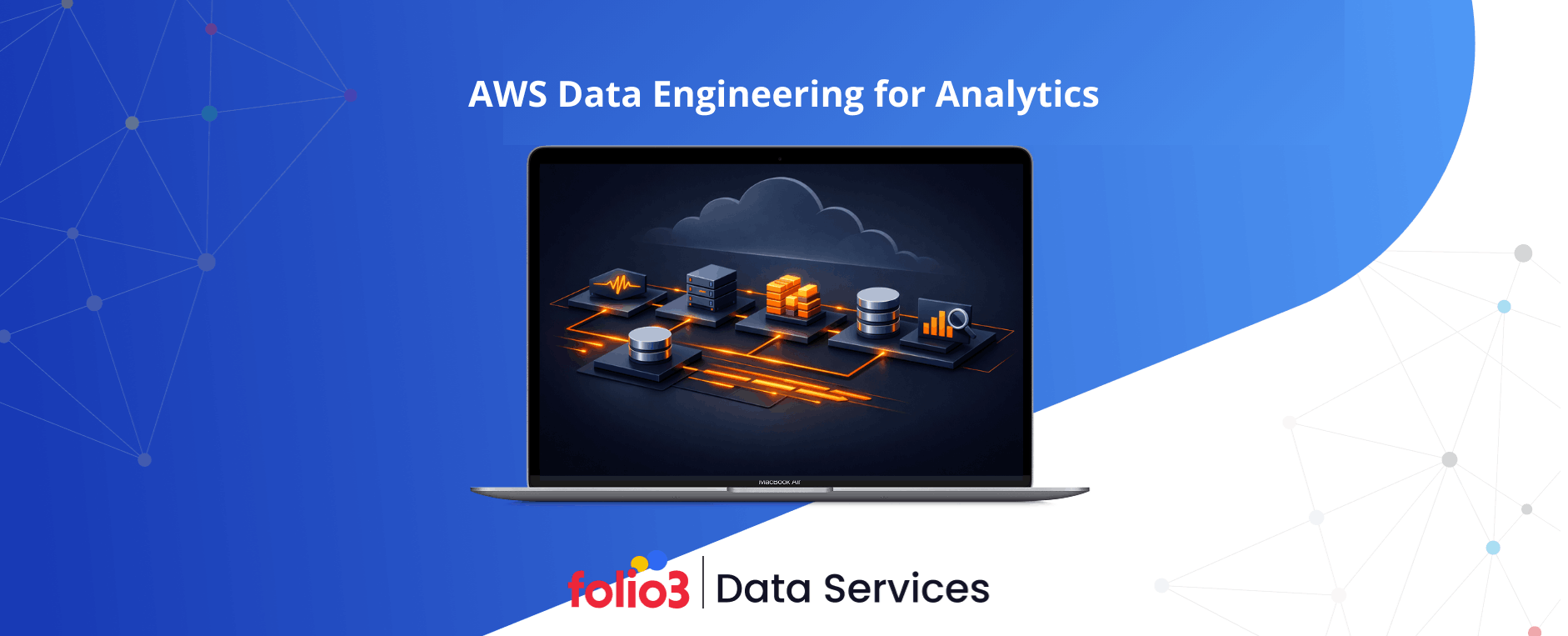In today’s data-driven economy, information has become the new currency. Businesses are increasingly recognizing the immense value hidden within their data reservoirs. Data monetization is the strategic process of converting this raw material into tangible revenue streams.
It’s about transforming data from a mere asset into a profit center. While the concept might seem straightforward, executing a successful data monetization strategy requires a deep understanding of your data, your target market, and the intricate interplay of data governance, privacy, and ethics.
This guide delves into the complexities of data monetization, providing practical steps and insights to help you tap into the full value of your data assets.
What is Data Monetization?
Data monetization is the process of converting raw data into tangible economic value. It involves extracting insights, creating value-added products or services, and generating revenue from data assets. It’s about turning data from a mere resource into a profit-generating asset.
There are two primary approaches to data monetization:
Direct Monetization
- Selling data directly: This approach involves selling raw or processed data to third parties. For instance, a telecommunications company might sell anonymized customer data to market research firms.
- Data-as-a-Product: Creating products based on data, such as market research reports, credit scores, or weather data subscriptions.
Indirect Monetization
- Enhanced Product or Service Offerings: Using data to improve existing products or services can increase sales or reduce costs. For example, a retailer can use customer data to personalize recommendations, boosting sales.
- Operational Efficiency: Leveraging data to optimize internal processes, reduce costs, and improve efficiency. This indirect monetization frees up resources that can be allocated to revenue-generating activities.
Data monetization is about more than just generating revenue. It’s also about creating value for customers, partners, and the ecosystem.
By unlocking data’s potential, organizations can gain a competitive edge, foster innovation, and drive sustainable growth.
Different Ways You Can Monetize Data Externally
Monetizing data externally involves sharing or selling your data assets to generate revenue. Here are several effective strategies:
1. Data as a Product
- Direct Data Sales: Selling raw or processed data sets to third parties. For example, a telecommunications company might sell anonymized customer data to market research firms.
- Data Licensing: Data Licensing is the process of granting licenses for data usage, often with specific terms and conditions. This can be applied to datasets, APIs, or data feeds.
- Data Syndication: Partnering with data aggregators or distributors to reach a wider audience for your data.
2. Data as a Service (DaaS)
- Data APIs: Provide developers with access to your data through application programming interfaces (APIs) that they can integrate into their applications.
- Data Analytics Services: Offering data analysis and insights to clients, either as a standalone service or as part of a more extensive solution.
- Custom Data Products: Creating tailored data products based on specific client needs.
3. Data Partnerships
- Data Sharing Collaborations: Partnering with other companies to combine datasets and create new products or services.
- Joint Ventures: Forming partnerships to develop and market data-driven solutions.
- Data Exchanges: Participating in data exchange platforms to trade data with other organizations.
4. Data-Driven Platforms
- Data Marketplaces: Creating online platforms where data can be bought and sold.
- Data-Enhanced Platforms: Integrating data into existing platforms to create new revenue streams. For example, a social media platform might sell targeted advertising based on user data.
5. Data-Driven Insights
- Consultancy Services: Offering data-driven consulting services to help clients make better decisions.
- Data-Driven Marketing: Using data to create targeted marketing campaigns and sell advertising space.
- Predictive Analytics: Developing predictive models and selling insights to clients.
6 Key Steps in Data Monetization
Effectively monetizing data requires a structured approach. Here’s a breakdown of critical steps to guide your strategy:
1. Grasp and Evaluate Data
- Inventory and Assess: Begin by cataloging the types of data you possess, assessing its quality, completeness, and potential value. Understanding your data’s current state is crucial for determining how it can be monetized effectively.
- Data Profiling: Conduct a thorough analysis of your data to identify patterns, trends, and anomalies. This profiling helps you understand the data’s strengths and weaknesses and uncover hidden opportunities.
- Competitive Analysis: Evaluate how your competitors are leveraging and monetizing their data. This analysis provides insights into industry standards and identifies gaps and opportunities for differentiation.
2. Learn from the Trailblazers
- Industry Benchmarking: Identify successful data monetization models within your industry. Benchmarking against these models helps set realistic expectations and goals for your strategy.
- Case Studies: Study case studies of companies that have successfully monetized their data. These real-world examples offer practical insights and lessons that can be applied to your strategy.
- Best Practices: Learn from industry experts and thought leaders about the best practices for data monetization. Staying informed about the latest trends and technologies ensures your strategy remains cutting-edge.
3. Leverage Established Solutions
- Data Management Platforms: Invest in robust tools for efficiently managing, storing, and processing data. Working with a data engineering consulting firm can help you choose the right platforms essential for handling large volumes of data and ensuring its integrity.
- Analytics Tools: Use advanced analytics platforms to extract actionable insights and value from your data. These tools help transform raw data into meaningful information that can drive business decisions.
- Monetization Platforms: Explore platforms that facilitate data transactions, such as marketplaces. These platforms provide a ready-made infrastructure for buying, selling, or sharing data.
4. Use Data as an Operational Advantage
- Internal Optimization: Use data-driven insights to improve operational efficiency, reduce costs, and streamline processes. Data can reveal inefficiencies and areas for improvement within your operations.
- Customer Experience Enhancement: Leverage data to personalize customer experiences, increase satisfaction, and build loyalty. Understanding customer behavior and preferences allows for tailored interactions.
- Product Innovation: Develop new products or services based on insights derived from your data. Collaborating with experts in data strategy consulting can guide you in leveraging data-driven innovation to more effectively meet customer needs and open new revenue streams.
5. Ensure Leadership Support and Alignment
- Executive Buy-in: Secure support from top management for your data monetization initiatives. Leadership backing is crucial for allocating resources and driving the strategy forward.
- Cross-functional collaboration: Foster collaboration between departments to maximize the value of your data. Cross-functional teams bring diverse perspectives and expertise, enhancing the overall strategy.
- Data Governance: Establish clear policies for data ownership, access, and usage. Strong data governance ensures compliance, protects data integrity, and fosters trust within the organization.
6. Strategize Data Collection and Audience Targeting
- Data Collection: Determine the optimal methods for collecting and enriching your data. Efficient data collection processes are vital for maintaining data quality and relevance.
- Audience Segmentation: Identify potential customers or partners for your data products. Segmenting your audience helps tailor your offerings and marketing efforts to the right groups.
- Value Proposition: Clearly articulate the value your data offers to target audiences. A compelling value proposition highlights how your data can solve problems, drive insights, and create opportunities for your customers or partners.
5 Best Practices to Get Started with Data Monetization
To effectively monetize data and maximize the value of this crucial asset, follow these best practices:
1. Quantify the Value of Your Data
- Market Assessment: Conduct thorough market research to determine if there is a demand for the data you plan to monetize. This involves understanding potential buyers, their needs, and the value they place on your data.
- Cost Analysis: Evaluate the costs associated with data monetization, including software subscriptions, licensing, labor, research and development, and marketing. Ensure that the potential revenue from data monetization justifies these investments.
- ROI Evaluation: Calculate the return on investment (ROI) to ensure that the effort and resources required for monetization will result in a worthwhile financial return. This step is crucial for validating the feasibility of your data monetization strategy.
2. Manage Your Data
- Data Quality: Ensure that the data you monetize is accurate, consistent, and reliable. High-quality data is essential for deriving valuable insights and maintaining customer trust.
- Data Governance: Establish robust data governance practices, including creating a data dictionary, maintaining release notes, and implementing regular updates. Good governance ensures that data is managed effectively and meets compliance standards.
- Preparation for End Use: Ensure your data is in a helpful format and accessible to the end consumer. This preparation includes cleaning, structuring, and documenting data to enhance usability.
3. Access and Security Considerations
- Access Management: Define access requirements and control who can query or interact with your data. Implement measures to manage consumption capacity and prevent excessive querying that could increase costs.
- Security Measures: Ensure data is protected from unauthorized access through secure authentication methods, such as single sign-on (SSO) or anonymous authentication. Stay informed about regulatory requirements like GDPR to ensure compliance with data protection laws.
- Regulatory Compliance: Adhere to relevant data regulations and industry standards to avoid legal issues and build trust with data users. This includes implementing necessary security protocols and data protection measures.
4. Assess Your Current Technology Stack
- Technology Evaluation: Review your existing technology stack to determine if you can leverage current tools and platforms for data monetization. Assess whether your software subscriptions and infrastructure support your monetization goals.
- Gap Analysis: Identify gaps in your technology stack that may hinder your ability to monetize data effectively. Evaluate whether you can invest in new technologies or upgrades to support your monetization efforts.
- Scalability and Support: Ensure that your technology can handle the scale and demands of data monetization, such as real-time data streaming or large-scale data analytics. This may involve upgrading your cloud-based technologies or other infrastructure components.
5. Get Buy-In from the Organization
- Cross-Departmental Cooperation: Data monetization requires collaboration across various departments, including sales, marketing, legal, finance, and IT. Ensure that all relevant teams are aligned with the project’s goals and responsibilities.
- Clear Responsibilities: Define roles and responsibilities clearly to avoid confusion and ensure smooth execution. Appoint dedicated product owners to lead the project and oversee its implementation from start to finish.
- Organizational Support: Cultivate support for data monetization initiatives at all levels of the organization. Through ongoing engagement and communication, ensure a shared vision and commitment to making the project successful.
Framework for Effective Data Monetization Strategy
A comprehensive data monetization strategy requires a multifaceted approach that considers various aspects of the business. This framework outlines key areas of focus:
1. The Essence of Data Monetization
- Defining Data Value: Understand the intrinsic and potential value of your data. This involves assessing how your data can be transformed into insights, products, or services that hold significant value for your organization and its customers.
- Identifying Value Propositions: Determine how your data can address customer needs or industry challenges. This could include enhancing product features, improving customer experiences, or providing market intelligence.
- Revenue Models: Explore different monetization models, such as direct sales, licensing, data-as-a-service (DaaS), and subscription models. Identify which model best aligns with your business objectives and market dynamics.
2. Technology Challenges
- Data Quality and Integrity: Ensure data accuracy, consistency, and completeness. Implement data quality management practices to maintain high standards.
- Data Security and Privacy: Implement robust measures to protect sensitive data. This includes encryption, access controls, and compliance with data protection regulations like GDPR or CCPA.
- Data Infrastructure: Establish a scalable and efficient data platform that can handle large volumes of data, support various data processing needs, and integrate seamlessly with other systems. Partnering with a data integration consulting firm can help design and implement an infrastructure that ensures smooth interoperability between platforms and optimizes data workflows.
- Analytics Capabilities: Build robust analytics capabilities to extract valuable insights from your data. Invest in advanced analytics tools and technologies, such as machine learning and artificial intelligence, to maximize the value derived from your data.
3. Strategic Focus
- Market Analysis: Identify the target markets and customer segments most benefit from your data offerings. Conduct thorough market research to understand their needs and preferences.
- Competitive Landscape: Analyze competitors’ data monetization strategies to identify opportunities and threats. Understand what differentiates your data and how you can leverage that uniqueness.
- Value Chain Integration: Align data monetization efforts with core business operations. Ensure that data initiatives support overall business goals and contribute to operational efficiency and innovation.
- Partnerships: Explore potential collaborations and partnerships to enhance your data offerings. Partnering with other organizations can help expand your reach and capabilities.
4. Non-technology-driven Factors
- Legal and Regulatory Compliance: Adhere to relevant data protection laws and regulations. Ensure that your data monetization practices are compliant to avoid legal repercussions.
- Ethical Considerations: Ensure fair and responsible data usage. Develop and adhere to ethical guidelines to maintain trust with customers and stakeholders.
- Organizational Culture: Foster a data-driven culture within the organization. Encourage data literacy and promote the value of data-driven decision-making at all levels.
- Talent and Skills: Build a team with data expertise and monetization skills. Invest in training and development to equip your team with the necessary knowledge and capabilities.
5. Execution & Commitment
- Pilot Projects: Test different monetization approaches with small-scale projects. Use pilot projects to validate assumptions, refine strategies, and demonstrate value.
- Performance Metrics: Establish key performance indicators (KPIs) to measure success. Monitor metrics such as revenue generated, customer adoption, and data quality to evaluate the effectiveness of your strategy.
- Continuous Improvement: Monitor and refine the data monetization strategy regularly. Stay agile and responsive to changes in the market and technology landscape.
- Long-term Vision: Develop a sustainable data monetization roadmap. Plan for the long term, setting clear milestones and objectives to guide your journey toward sustained data-driven growth.
Why does data monetization matter?
Data monetization is no longer a mere buzzword; it’s a strategic imperative for businesses seeking sustainable growth and competitive advantage. It’s crucial to differentiate between creating value from data and realizing that value.
While generating insights and improving operations is essential, ultimately, the goal is to translate those benefits into tangible financial returns. Data monetization is not solely about selling data sets.
It’s a broader strategy that uses data to improve internal processes, create new products, and generate revenue. Organizations can use data to leverage your data assets to their fullest and drive long-term success.
Here’s why data monetization is crucial:
1. Enhance Business Performance
- Optimize Operations: Data-driven insights enable businesses to streamline operations, identify inefficiencies, and implement improvements that lead to cost savings. For example, predictive analytics can forecast equipment failures, allowing for proactive maintenance and reducing downtime.
- Improve Decision-Making: Access to accurate and timely data allows for informed decision-making, reducing reliance on intuition and guesswork. This can lead to better strategic choices, optimized resource allocation, and more effective business strategies.
- Reduce Costs: By analyzing data, organizations can pinpoint areas where expenses can be cut without compromising quality. This includes optimizing supply chains, managing inventory more effectively, and improving workforce productivity.
2. Generate New Revenue Streams
- Direct Monetization: Organizations can generate revenue by selling data sets, insights, or access to analytics platforms. This can be particularly lucrative for companies that collect unique and valuable data.
- Indirect Monetization: Data can also enhance existing products or services, creating new revenue opportunities. For example, incorporating data-driven features into software products can make them more appealing and justify higher pricing.
- Subscription Models: Offering data as a subscription service can provide a steady revenue stream. Businesses can create premium content or analytics reports that customers are willing to pay for regularly.
3. Foster Innovation
- Develop New Products and Services: Data provides insights into market needs and customer preferences, which can drive the creation of new products and services. For instance, analyzing user data can reveal gaps in the market that new products can fill.
- Create New Business Models: Data can lead to innovative business models, such as pay-per-use or data-as-a-service (DaaS). These models can open up new market opportunities and revenue channels.
- Enhance R&D Efforts: Data-driven research can accelerate product development and innovation. Access to comprehensive data sets enables more accurate modeling, testing, and refinement of new ideas.
4. Improve Customer Experience
- Personalize Offerings: By analyzing customer behavior and preferences, businesses can tailor products, services, and marketing efforts to individual needs. This leads to more relevant interactions and enhances customer satisfaction.
- Increase Customer Loyalty: Personalized experiences and targeted promotions can foster stronger customer relationships and increase loyalty. Satisfied customers are more likely to become repeat buyers and brand advocates.
- Enhance Service Quality: Data can identify common customer pain points and areas for improvement, enabling businesses to address issues proactively and enhance overall service quality.
5. Unlock Hidden Value
- Tap into Untapped Data: Many organizations possess valuable data that remains underutilized. By exploring and analyzing this data, businesses can uncover hidden opportunities and generate significant revenue.
- Identify New Opportunities: Data analysis can reveal previously unknown trends, patterns, and correlations, opening doors to new market opportunities and business ventures.
- Enhance Competitive Position: Organizations that effectively leverage their data can gain a competitive advantage by making more intelligent decisions, offering superior products, and delivering exceptional customer experiences.
FAQs
What technologies are essential for data monetization?
Key technologies include:
- Data Analytics Platforms: For analyzing large datasets and deriving insights.
- Data Management Tools: For storing, processing, and managing data securely.
- Artificial Intelligence (AI) and Machine Learning (ML): To automate data processing and generate predictive insights.
- APIs: For sharing data with external partners or customers.
Can small businesses benefit from data monetization?
Yes, small businesses can benefit from data monetization by leveraging data to optimize their operations, improve customer engagement, and even create new revenue streams through data partnerships or direct data sales.
Conclusion
Monetizing data effectively requires a strategic approach encompassing data evaluation, technology, market analysis, and execution. By following the steps outlined in this guide, organizations can achieve the greatest impact with your data assets.
To accelerate your data monetization journey, consider partnering with Folio3 Data Services. Our cloud and data services can provide the foundation for a successful data monetization strategy.





